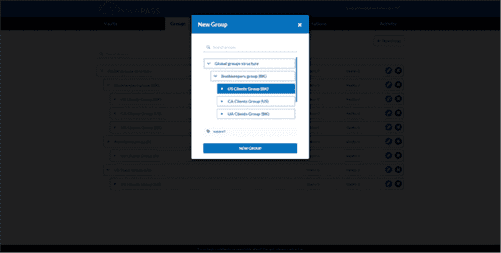This makes a goal more tangible because it provides a way to measure progress. If it’s a project that’s going to take a few months to complete, then set some milestones by considering specific tasks to accomplish. Similar in concept to the SMART goals, a business process management (BPM) approach enables companies to continuously improve and renovate their business processes. Learn more about the best practices used for setting up successful BPM strategies.
She knows she’ll need all hands on deck to make this happen, but there’s a problem. When Jane has set team-wide goals in the past, they’ve quickly fallen off track. Nobody seemed to have a clear understanding of what success should look like.
Achievable SMART Goals
SMART goals should have time-related parameters built in, so everybody knows how to stay on track within a designated time frame. Safeguarding the achievability of your goal is much easier when you’re the one setting it. When goals are handed down from elsewhere, make sure to communicate any restraints you may be working under. Even if you can’t shift the end goal, at least you can make your position (and any potential roadblocks) known up-front.
- The answers will help fine-tune your strategy, ensuring the goals are something that’s actually attainable.
- In addition to that, the S.M.A.R.T. goal can put a lot of pressure on people to succeed.
- Deadlines provide a sense of urgency so that short-term tasks don’t drag into long-term goals unnecessarily.
- We have a big goal, we have what fuels courage, we can see the obstacles as steppingstones, now is the time to break the goal down into smaller SMART goals.
- Start defining your SMART objectives and give your team enough reasons why they should get down to work as soon as possible.
SMART goals and objectives are a method for establishing Specific, Measurable, Achievable, Relevant, and Time-bound aims. The SMART framework defines goals and objectives clearly and practically, making them more actionable and increasing the likelihood of success. SMART is an acronym that stands for SMART goal and is used to help in goal setting. SMART goals are an acronym that stands for Specific, Measurable, Achievable, Realistic, and Timely.
More from Merriam-Webster on methodology
In addition to sharing your SMART goals with your team at the beginning of your project, make sure you periodically measure the progress you’ve made towards your goal. You don’t want to work on the project and then find, at the very end of the work, that you’ve missed your goals. You’ve worked hard to set specific, measurable goals for a reason—you can use them as your north star, and course correct smart method meaning during your project if necessary. Deadlines are crucial to implementing goals, since they pretty much force you to take action. If you want to have more focus time at work, you can decide to set a goal to only check your email for 30 minutes every day. Imagine instead if you set a goal to only check your email for 30 minutes every day for one week—now, it starts to feel more attainable.
The SMART goals acronym stands for Specific, Measurable, Attainable, Relevant, and Time-bound. George T. Doran popularized this framework, which offers a methodical approach to setting goal-specific objectives. By following the SMART acronym, you’re more likely to set specific goals that are both effective and achievable. SMART states that clear, attainable, strategic goals are the most effective way to create concrete milestones and metrics.
SMART goals FAQ
By establishing a consistent practice, you can set a more achievable goal. S.M.A.R.T. goals are a great way for managers and team members to get on the same page with expectations. Great managers work with team members to establish goals that fulfill the overall objective, but that the employee feels good about succeeding with.

The SMART goals methodology is a management tool that structures the setting of objectives and helps you to dig deeper into what you’ll need to achieve these objectives. Benchmarks show you what’s “normal” for specific, recurring scenarios in your company, so you know what to expect. Using standardized benchmarks, you can set more relevant goals that are easier to measure.

The “M” in SMART stands for measurable, which helps you evaluate the success or failure of your project. Your goals should have some sort of objective way to measure them—whether that’s a deadline, a number, a percent change, or some other measurable element. When you’re deliberating the meaning of SMART goals, think of them as a tool to transform lofty resolutions into a concrete roadmap.

Goals should be high-level enough to cover the core area of responsibility. If you’re creating too many goals you’ll likely find that the goal scope is too low and is geared towards individual tasks, not overall results. Smartsheet is a cloud-based platform that allows teams and organizations to plan, manage, and report on work, helping you move faster and achieve your goals. In this article, you’ll find the latest tips and examples to help you create and execute on SMART goals.
